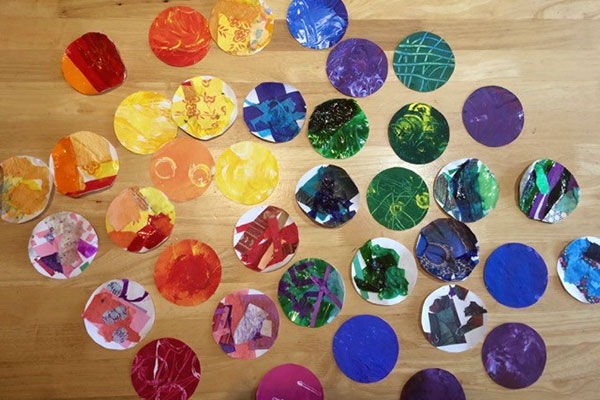
At Flinders University Child Care Centre, we believe education and high quality care involves an interaction between between four key areas:
In placing an emphasis on these areas, we are able to develop and implement flexible and engaging play-based programs.
Our Philosophy, weaves together the values, beliefs and goals that represent who we are and who we want to become.
Learning through Play
Current research indicates that children learn best through play, and play is a key pedagogical approach within the Early Years Leaning Framework and National Quality Standard. As such, we provide a curriculum and programs that are play based and developmentally appropriate.
Play is voluntary, symbolic, pleasurable, meaningful, active, process-oriented, risky and intrinsically motivated. Play provides a vehicle for children to be creative, imaginative, resourceful, resilient and persistent, to be confident and involved learners. .
Play encourages in the child a love of learning
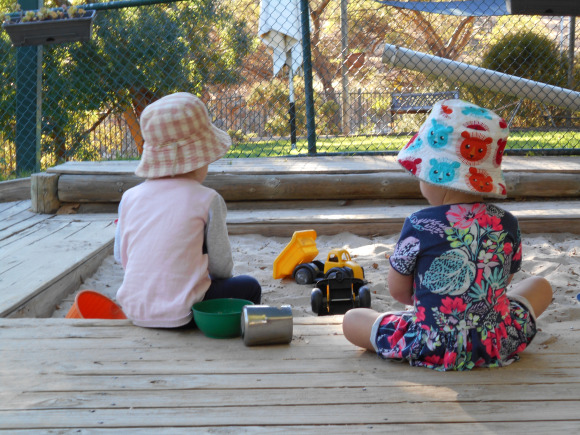
Play does not mean that children are left to their own devices with educators acting as supervisors. Play requires educators to be intentional in all the decisions they make; from when and when not to enter a play situation, to the tone and volume of their voice, to the resources they provide. Educators are role models, participants, observers and provocators of children’s play.
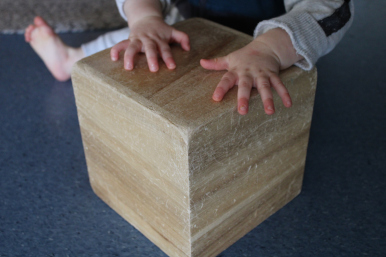
We recognise that play and learning happen in social environments. Educators support children through being emotionally and physically present. Educators may play with children, support children to enter and exit play experiences, and enable them to explore equity within their play. When children play in peer groups with the support of intentional educators, they have the opportunity to test ideas, extend and challenge each other’s thinking, develop new understandings, and become effective communicators. This supports children develop empathy, consideration, and an understanding of complex social rules. The social aspects of play support the child to build a strong sense of identity and wellbeing, both as an individual and the member of a social group. Play enables children to be connected with, and to contribute to, their world.
Children, Families and Communities
At Flinders University Child Care Centre, the rights and best interests of children are paramount. Children are recognized as individuals with unique ideas, interests and beliefs. We provide safe, educational and individualised care, and develop play-based programs that support each child’s potential.
Children are supported to explore, wonder, create, and imagine; to construct their own learning based on their ideas and shared thinking. Children are successful, competent, capable and dynamic learners.

Partnerships with families are the foundation of education in the early years, based on open communication and trust. We seek to develop these partnerships through valuing each others’ knowledge and understanding of each child, and the roles each of us plays in the child’s life. This enables us to discover the potential of each child and develop cultural competence. We recognise families are as unique as the individuals that they are composed of, each with their own values and culture. We encourage and support families to be engaged with Flinders in a range of ways, and welcome people of all genders, religions, abilities, and cultural and linguistic backgrounds.

We recognise that children, families and educators belong to a range of communities and that these communities are influences on and influenced by the cultures, values and beliefs of the people who participate in them. We see Flinders as a community within a diverse range of communities, and we seek to build connections through open dialogue and respect.
We particularly acknowledge Australia’s Aboriginal and Torres Strait Islander cultures, and pay our respects to the Kaurna people, the traditional custodians of this land. Flinders strives to be a place of equity.
Educators
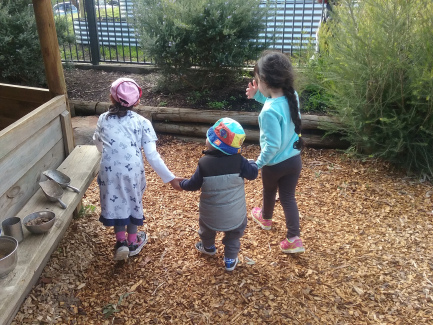
Educators are advocates for young children, families, the early childhood profession, and play. Early childhood education and care is integral to the development of healthy individuals and communities, and we add our voice to those of advocates within the community and the political sphere. We are committed to progressive, research-based practice that honours the rights of children to play, safety, security, identity and a voice.
At Flinders University Child Care Centre, educators are life-long learners alongside children, families and colleagues. Educators are recognised and respected as individuals who bring their unique skills, ideas and beliefs to the centre and to the programs they provide. Each educator is encouraged and supported through their professional journey by colleagues and leadership. Educators are intentional, critically reflective and passionate. We strive to develop communities of practice, in which educators can feel both safe and challenged.

As a part of continuous improvement, educators engage in critical reflection, both individually and with colleagues. Educators are supported to consider their practice through a variety of lenses and to become increasingly intentional in their work.
Educators are supported to engage in critical reflection through training, development, mentoring, professional conversations and access to current research
Learning Environments
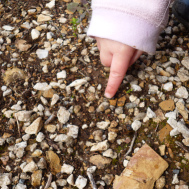
The primary role of our learning environments is to provide places that are welcoming to children, educators, families and communities. Our environments are a place of belonging, where there is space for everyone to feel safe, to feel they are heard, and to share their ideas. They are reflective of the current interests and values of the people using them. We develop and plan our environments collaboratively to ensure there are places for everyone to wonder, explore, investigate and belong, both independently and with others.
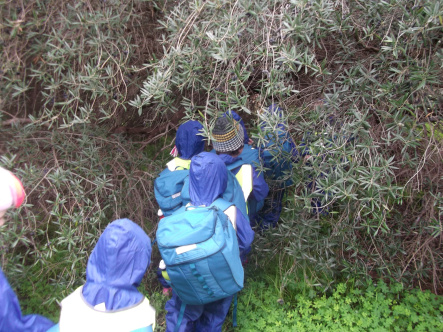
We are committed to maintaining our outdoor spaces, placing an emphasis on natural materials to promote a sense of wonder and a connection with the natural world. We support children developing understandings of sustainability and ways we can actively preserve natural environments; locally, nationally and internationally. We provide resources from natural, renewable sources wherever possible. We incorporate sustainable practices in our curriculum and decision making procedures.
We provide indoor and outdoor environments that are interconnected; a free-flowing space where boundaries blur.
Our decision to blur the boundaries between indoors and outdoors enables children to have access to a range of experiences, regardless of their traditional ‘place’, and Children are able to choose between indoor and outdoor play for the majority of their day. Both indoor and outdoor spaces are intentionally planned to facilitate small and large group and solitary play. Resources that are open-ended and flexible are carefully selected to encourage deep exploration of ideas and concepts, and presented in aesthetic and inviting ways.
